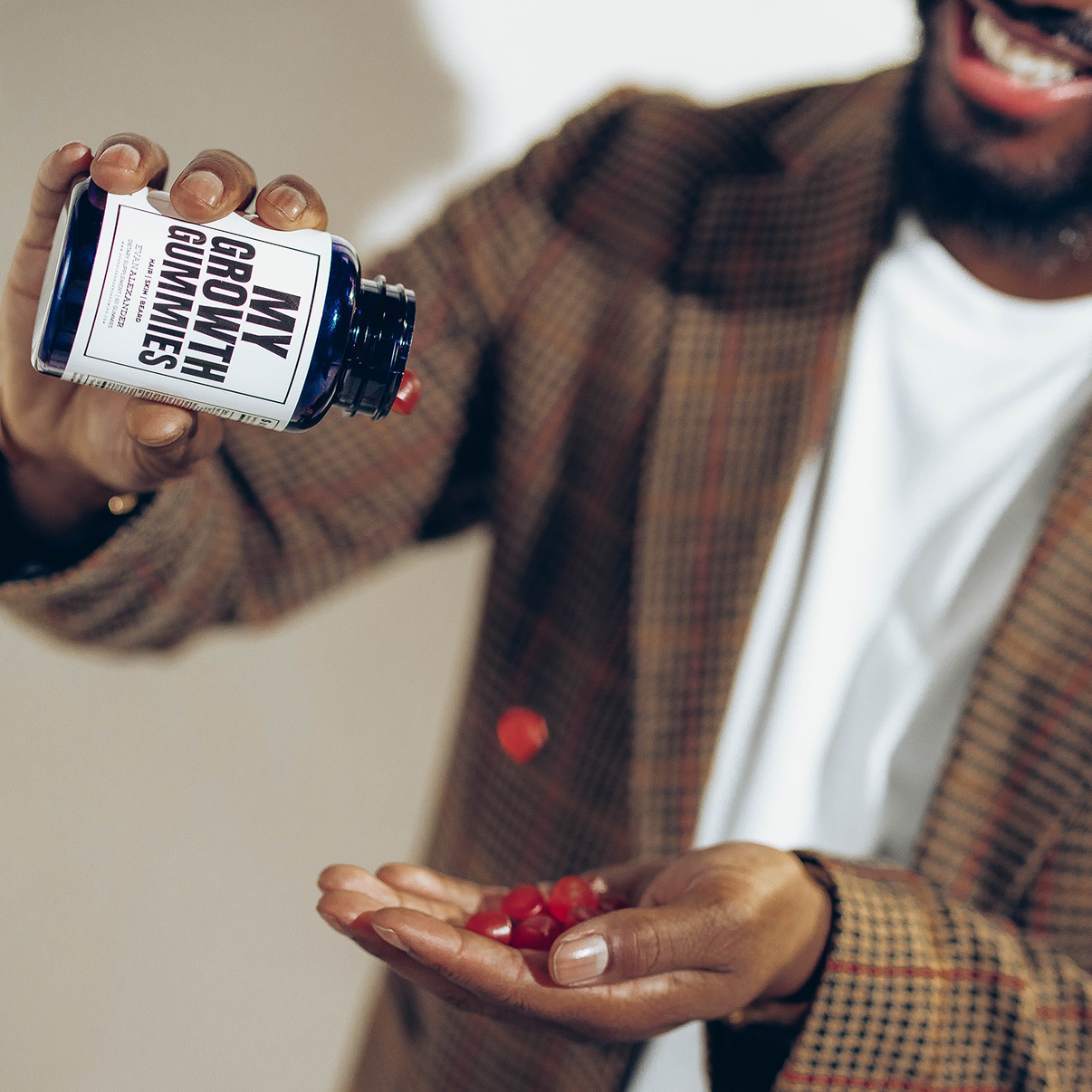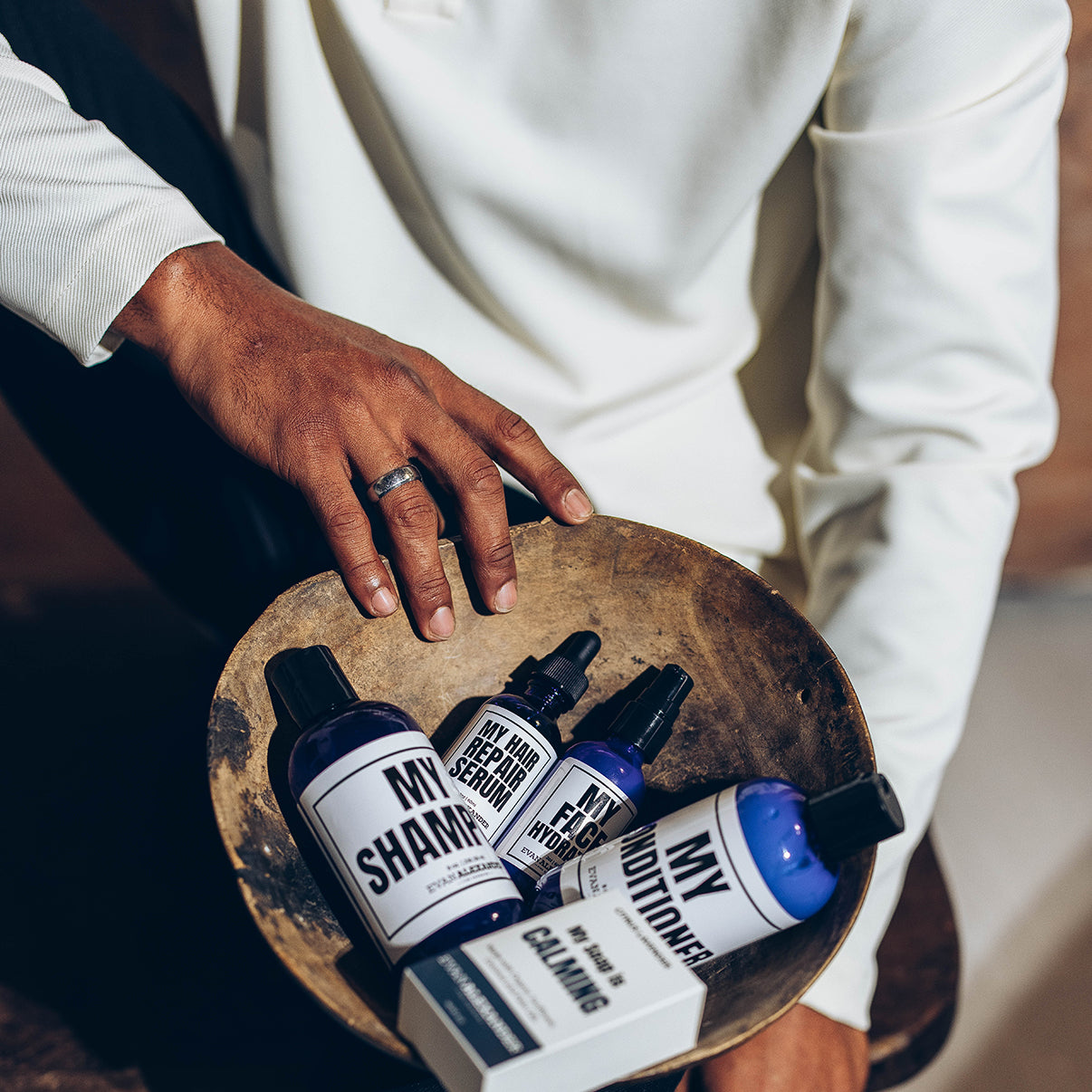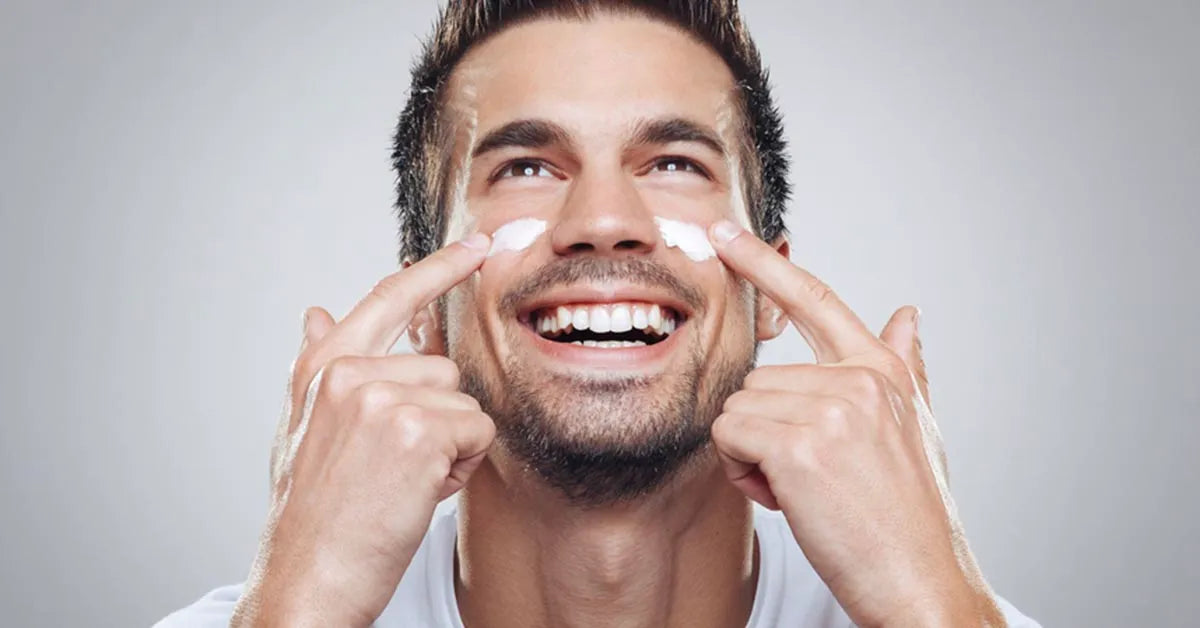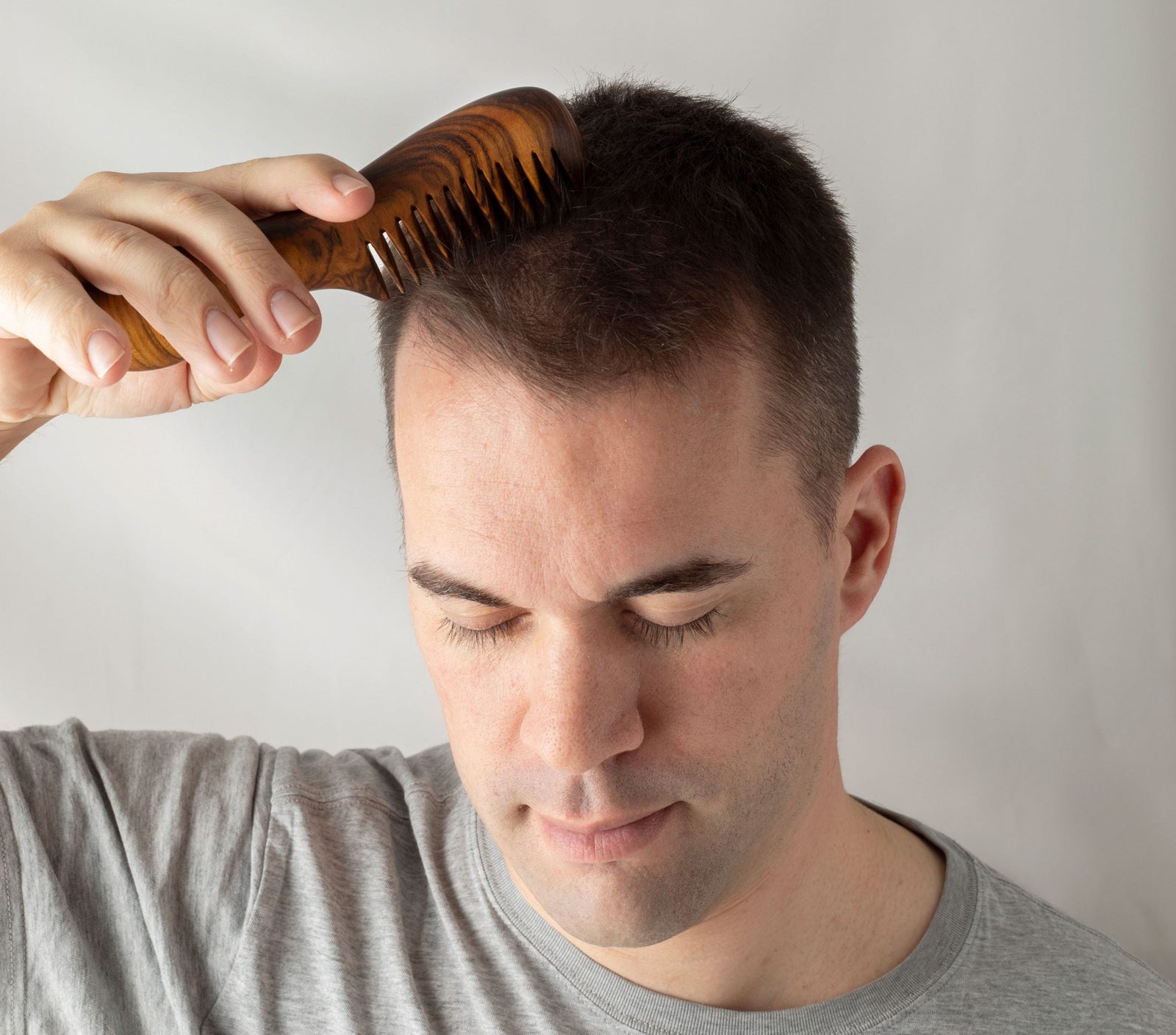Just the other day, my friend Tommy was telling me his strategy to get his hairline back. It went something like this: go to the grocery store, pick up a big bottle of biotin for hair growth, take the supplements left and right, and—voilà!—hairline is back.
Listen, I’m all for being proactive. But there’s a whole lot of propaganda out there that will misinform us about biotin. As a certified trichologist, I wanted to make sure my friend had all the facts about what he was ingesting.
I told Tommy, “I’m not trying to cast a shadow on your sunshine, but let’s slow-walk this before you try to be your own doctor, chemist, dermatologist, or trichologist. Let’s make sure that you’re fully informed.”
So let’s break it down. If you’re thinking of using biotin as a way to treat hair loss, I’m going to share with you everything that I shared with Tommy. First, let’s take a look at what this popular supplement is.
What is Biotin?
Biotin is a water-soluble vitamin that’s part of the vitamin B family. It’s also known as vitamin H.
Our bodies rely on biotin to convert certain key nutrients—carbohydrates, fatty acids, and amino acids—into energy. So it isn’t a question of whether or not biotin is important; our bodies definitely need it to function.
What Biotin Can and Can’t Do
The question instead is: Will supplementing with biotin help with hair loss? Biotin might help. Because biotin helps the body process nutrients, hair might reap some benefits somewhere down the line.
Indirectly—sure; biotin might help. Because biotin helps the body process nutrients, hair might reap some benefits somewhere down the line.
But if we’re talking about a direct impact on thinning hair, there surprisingly isn’t any evidence that biotin works for hair loss as a cure.
That’s right! There’s actually no literature in any clinical trials that supports these claims. You can ask your physician, your dermatologist, or anyone who specializes in the area of hair loss, and they will tell you the same thing.
Let’s get one thing straight: biotin is great for boosting the health of existing hair, but does biotin help with hair loss by generating new hair? No, it will not. So make this distinction of whether you’re looking to stop and reverse hair loss versus improve the health of already existing hair.
P.S. If you’re still interested in using biotin in conjunction with a healthy diet, adequate water intake, and other vitamins, we recommend checking outMY Growth Vitamins andMY Growth Gummies. Remember biotin is just one piece of the pie.
Making Sense of the Hype
So what’s with the biotin craze? According to Google Trends, interest in biotin almost tripled since 2004, and no surprise here—“biotin for hair growth” was the top search query in that time period.
Not gonna lie, I was one of those people on Google. Like so many others, I picked up a jumbo bottle of biotin gummies and thought, “I’m about to get my line back, baby!” Full disclosure: it did not work out that way.
The appeal is understandable. No one wants to poison their body with synthetic ingredients, especially in our society that grows more conscious about health and wellness. And for most people, hair transplant surgery seems way too drastic.
Dangers of Biotin Supplements
Since biotin is a vitamin, a lot of people don’t think there are risks. This misinformation can be quite harmful, leading to unexpected biotin side effects and misconceptions about whether biotin helps hair loss.
When we load up on biotin, one of the things that can happen is our bodies become unable to absorb something called panthenol. Panthenol is important because our bodies absorb it as vitamin B5.
See, biotin and panthenol share the same transporter in the small intestine. By offsetting the ratio of biotin to panthenol in our bodies, we can actually cause a deficiency in either of the two vitamins.
How to (Really) Treat Hair Loss
Don’t worry, guys. I’m not going to burst your biotin bubble without leaving you with a better, more effective action plan for hair loss treatment! Here’s what to do instead:
- Consult with a dermatologist, and get a diagnosis to determine what kind of hair loss you’re experiencing, such as male pattern baldness or alopecia.
- Put together a healthy plan to identify the trigger(s) of your hair loss.
- Put together another healthy plan to grow back healthy, strong, and resilient hair with the help of hair gain supplements.
I hope this article gives you more clarity about what exactly biotin is and how it works! Drop a comment below and let us know if there are any other topics you’d like to see here on The Den.
And don’t forget to share the knowledge. You could save a friend time and money by clicking one of the share buttons below.










Deborah. Diehr
September 27, 2022
What does vitamin B15 do for you